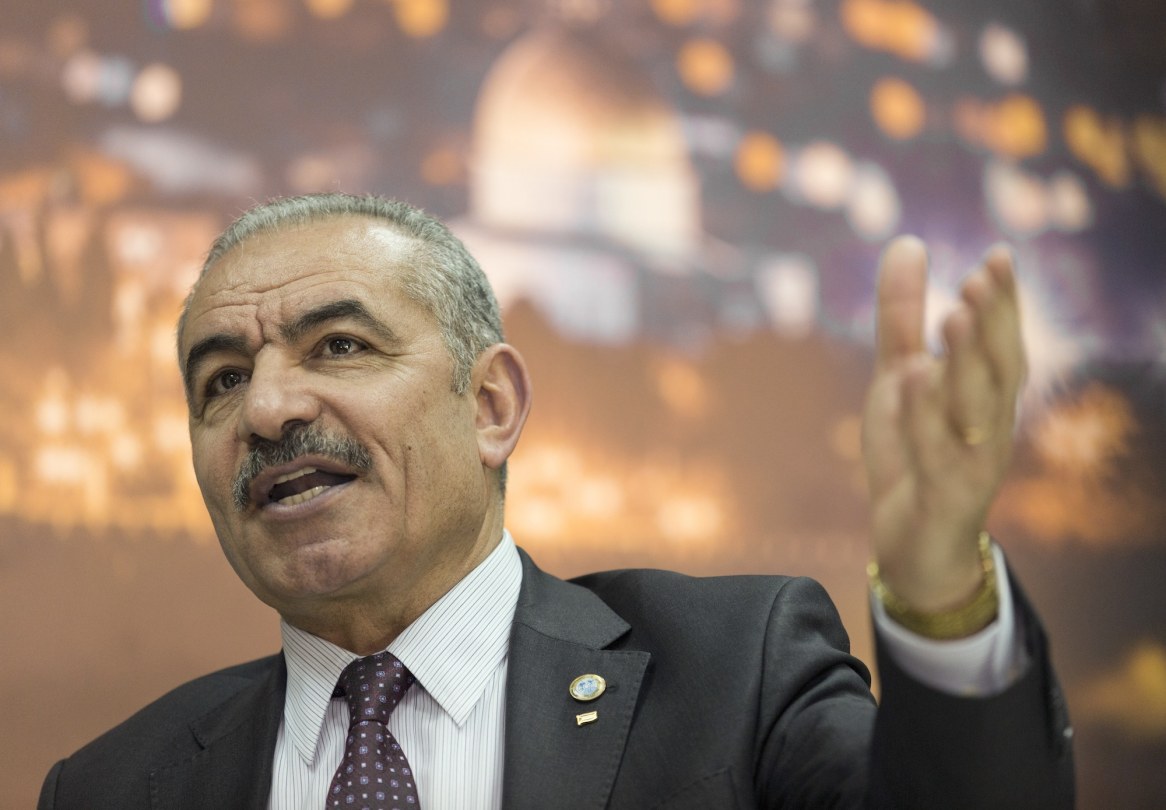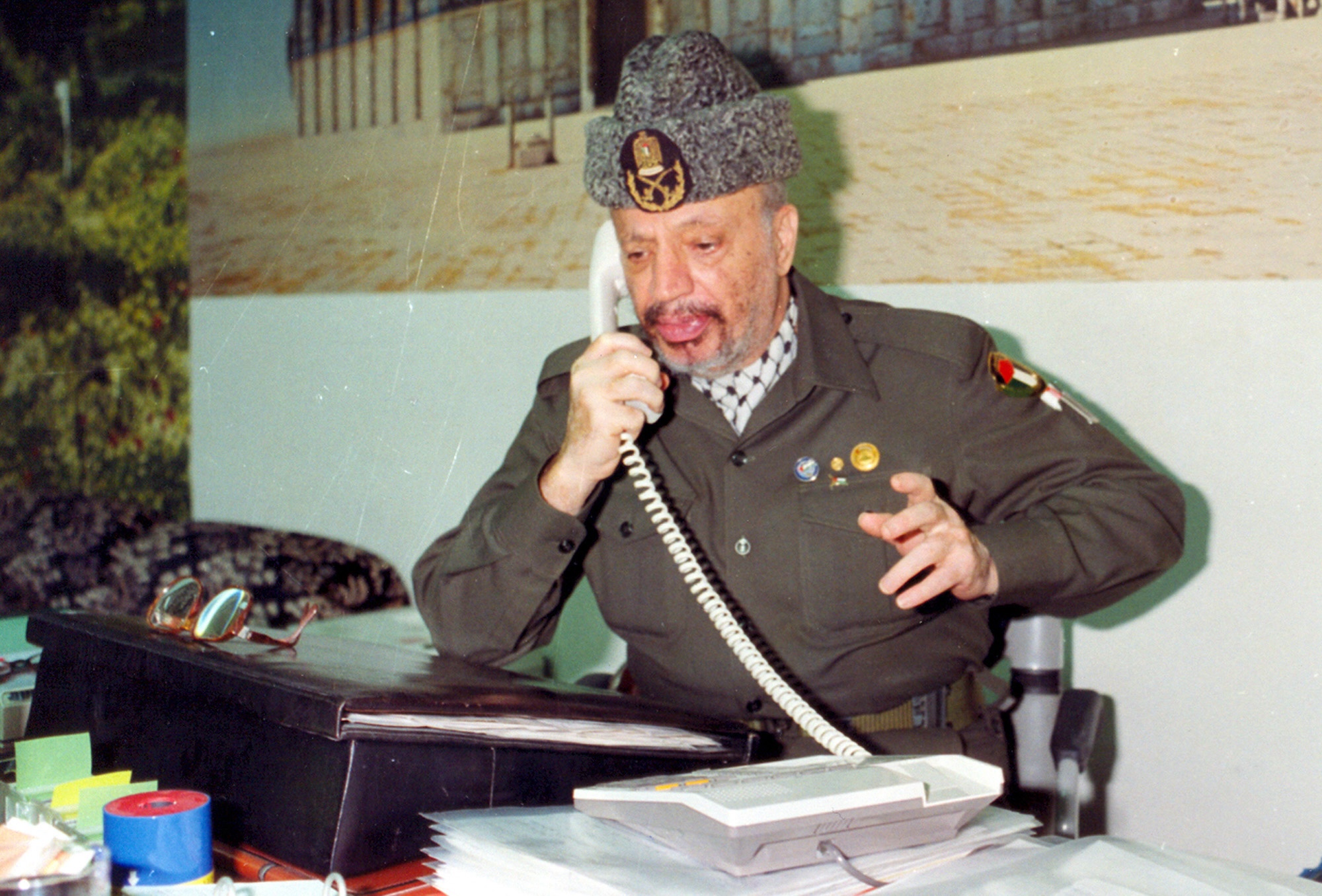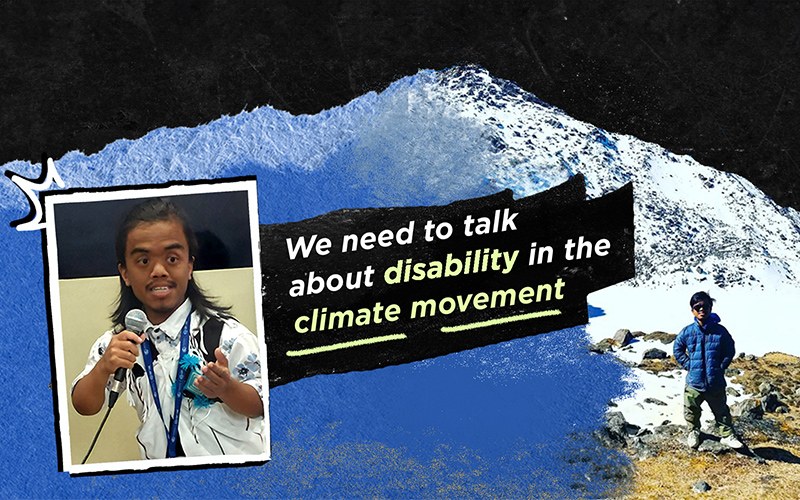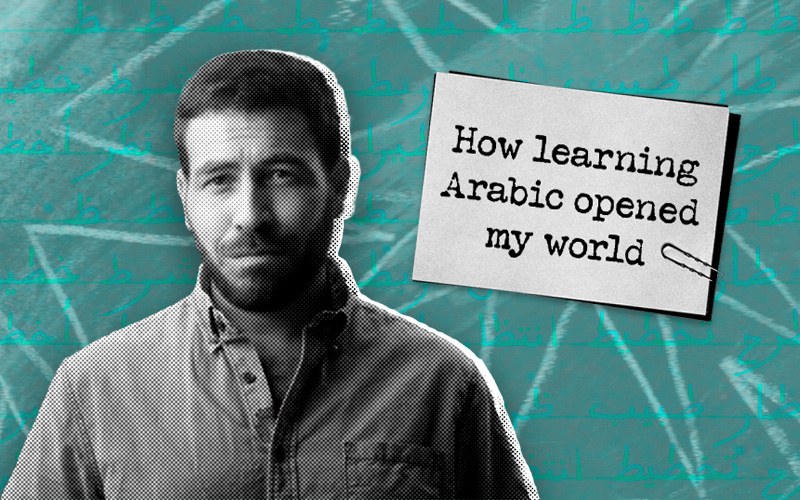What is the Palestinian Authority?

By
In short: The Palestinian prime minister announced on Feb. 26 that he and his council of ministers will resign from the Palestinian Authority (PA), which has limited governance over the occupied territory of the West Bank. The resignation comes amid declining support for the PA, which has been weakened by accusations of corruption, withdrawn financial aid, and the slow pace of progress toward Palestinian self-determination. The U.S. and many Arab nations have been pressuring the PA to reform itself in recent months, as its credibility plays a central role in how a post-war Gaza Strip – and a Palestinian state – could be governed.
What is the Palestinian Authority?
The PA was formed in 1994 as part of the Oslo Accords peace process between Israel and the Palestinian territories.
According to the agreement, the Israeli military was to withdraw from Gaza and parts of the West Bank, leaving the PA as those areas’ new governing authority. In return, the Palestine Liberation Organization (PLO) – a preexisting political group that had represented the Palestinian people since the 1960s – would recognize Israel as a nation.
What is the PLO?
The Palestine Liberation Organization acts as the international representative of the Palestinian people, including at the United Nations. The PLO also runs the PA, both of which are dominated by Fatah, a secular nationalist political party headed by Mahmoud Abbas, who is also president of the PA.
The PA was established with limits and was not intended to be a fully autonomous government. It was only meant to be part of the temporary, transitional arrangement brokered under the Oslo Accords, wherein the PA would govern parts of the West Bank for up to five years until further peace talks could convene.
As part of the Oslo Accords, the West Bank was broken up into three parts that were to be governed by different bodies. Area A was to be exclusively controlled by the Palestinian Authority, Area B would be controlled by the Palestinian Authority and Israel, and Area C would be controlled exclusively by Israel.
More peace talks after the Oslo Accords were meant to create a permanent path to Palestinian self-determination. But, amid continuing violence, expanding Israeli settlements in the West Bank, and disagreements over who should control Jerusalem, the post-Oslo peace process fell apart, and a permanent agreement was never reached.
In the meantime, though, the PA did begin to govern. PLO chairman Yasser Arafat was selected as the PA’s first president, and he remained in that role until his death in 2004.

Mahmoud Abbas – who had previously served as the PA’s first prime minister – succeeded him and has been president since. Though the PA initially held elections for the presidency, there has not been a presidential election since Abbas was voted in in 2005.
The Overview newsletter
The news you need to navigate our world, delivered to your inbox every weekday afternoon.
Abbas recognizes Israel and supports a non-violent path to an eventual two-state solution. As president, he is also responsible for appointing the prime minister. The prime minister who resigned this week, Mohammad Shtayyeh, was appointed by Abbas in 2019, though Reuters says the premiership “holds little effective power” compared to Abbas.
What is the two-state solution?
The two-state solution would create an independent Palestinian state alongside the independent nation of Israel. A two-state solution was widely considered to be the ultimate goal of the Oslo Accords, had the accords been successful in arranging permanent governance for the region.
While the PA still nominally governs the West Bank, Hamas is the governing force in Gaza. According to the Council on Foreign Relations, Hamas has held “de facto authority” since 2005, when the Israeli military withdrew from Gaza, and it took official power in 2007. Hamas is a separate organization from the PA and, due to its history of violence, it does not represent the Palestinian people in any official international capacities like the PA and PLO do.
Why did the Palestinian prime minister resign?
Palestinian prime minister Shtayyeh announced on Feb. 26 that he and his cabinet would resign. Abbas accepted the resignation and said that he will appoint a new prime minister.
Who leads the PA?
Like many governments, the PA is made up of three branches – executive, legislative, and judicial:
- The executive branch is led by the president, who appoints a prime minister. The prime minister then appoints a council of ministers, which is similar to the U.S. president’s cabinet.
- The legislative branch is the Palestine Legislative Council and is made up of 132 members. Elections for the PLC have been held twice – in 1996 and 2006 – but the PLC hasn’t been active since 2007. New laws are instead made by presidential decree.
- The judicial branch is made up of multiple courts under a High Judicial Council that regulates and supervises them. However, Abbas has made a number of changes to the judiciary in recent years via presidential decrees, giving him near-total control over the system.
The resignation comes amid pressure from the U.S. and Arab nations for the PA to reform itself. Since Hamas is not seen as a legitimate government among the international community, nations like the U.S. have mentioned the PA retaking control of Gaza after the Israel-Hamas war ends – and bolstering the reputation of the PA is seen as an essential step in that process.
In a statement to his cabinet, Shtayyeh said the next stage of the PA would “require new governmental and political arrangements that take into account the emerging reality in the Gaza Strip, the national unity talks, and the urgent need for an inter-Palestinian consensus.”
Though the PA has long had issues, the Council on Foreign Relations says the start of Abbas’s leadership is often thought to be the true origin of the PA’s decline. Abbas has been president of the PA for 19 years. In that time, he has dissolved the legislative branch to make laws by presidential decree, taken near-total control of the judicial branch, and blocked the West Bank’s 2021 election, which would have been its first in 15 years.
The PA relies on international aid to operate, but, in the wake of these controversies, countries including Saudi Arabia and the U.S. have reduced or cut their funding to the PA. In 2013, the PA received nearly $1.4 billion in international funding. In 2022, it received less than $350 million.
How do Palestinians feel about the Palestinian Authority?
Approval of the PA among Palestinians is typically low. To combat this, U.S. officials have been meeting with Abbas in the hope that he can transform the PA enough to earn local respect and resume the governance of Gaza. Officials from Saudi Arabia, Jordan, and Egypt have also met with PA officials to discuss the PA’s ability to govern Gaza.
According to a 2023 survey from the Palestinian Center for Policy and Survey Research, which polled residents in the West Bank and Gaza Strip between November and December 2023, only 23% said they want the PA to govern Gaza at the end of the war, and 64% were against the PA participating in meetings with the U.S. and Arab countries to discuss post-war Gaza.
Historically the PA has coordinated with Israel on security issues, which the Associated Press says, “is extremely unpopular, causing many Palestinians to view [the PA] as a subcontractor of the occupation.” In March 2023, the Palestinian Center for Policy and Survey Research found that 63% of Palestinians supported ending the PA’s security coordination with Israel – and, in January, that’s what happened. The PA suspended its coordination with Israel on Jan. 25 after nine Palestinians were killed in an Israeli raid in the West Bank.






